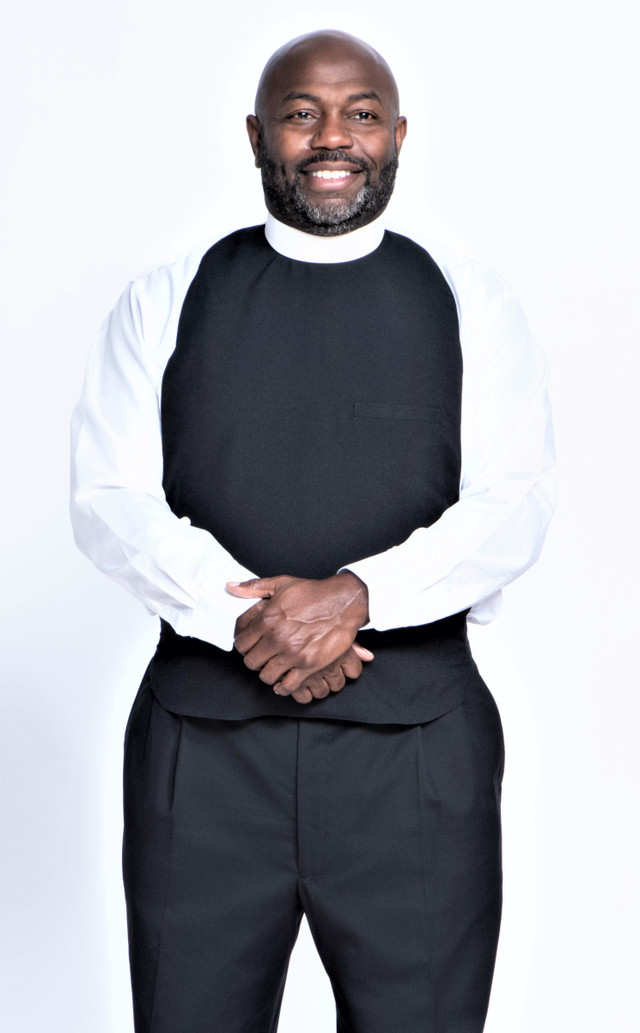Churches and religious institutions have long been an important part of the fabric of society. Priests and pastors play a vital role in their church and in the lives of their congregations. They are responsible for providing spiritual guidance and support to their community.
But modern life is making it seem that churches are becoming less important in people’s daily life. Do they still have a role in modern society?
What They Offer Their Congregation
Priests and pastors are available to their congregations for a variety of reasons. They offer support and advice during difficult times, they lead religious services and prayers, they provide counsel and guidance on moral and ethical issues, and they perform a variety of other duties.
Churches recognize the valuable role that priests play in the lives of their congregations and in the wider community. Priests are highly trained individuals who are dedicated to their vocation. They undergo a rigorous process of formation that prepares them to meet the challenges of their ministry.
They are still a valuable source of wisdom and guidance for their congregation. They officiate and celebrate special religious events and holidays in their clergy shirts or robes so they feel more connected with their faith and their church.
Priests and Pastors as Civic Leaders
Religious leaders also play an important role in their communities aside from providing spiritual guidance and support. They also often provide support to community members in times of need. For example, a priest might help a family in crisis connect with resources or provide counseling to individuals experiencing difficult life transitions.
Priests in their public capacity also play a role in promoting civics in their communities. They often serve as leaders and advocates for social justice, working in their clergy shirts to create a more equitable and inclusive society.
Additionally, priests often encourage their congregants to participate in civic life and to engage in thoughtful dialogue about the pressing issues of the day. By promoting civics and social justice, priests and pastors help create a more just and democratic society.
The Role of Spiritual and Religious Leaders are Evolving
Traditionally, priests have been considered primarily as spiritual leaders. But now their roles are evolving. They are no longer those who merely officiate religious ceremonies, offer guidance and support to parishioners; instead, they are trying to find a new role in their modern environment.
In recent years, however, the role of priests has been evolving. With the declining popularity of organized religion, priests have had to find new ways to remain relevant and engaged with their congregations.
Many have started to focus more on social justice initiatives and community outreach. Others have become more involved in pastoral care and counseling. And still others have taken on more of a teaching role, providing educational resources and engaging in theological discussions.
Recently, they are focusing on supporting marginalized or vulnerable groups. They provide the support and guidance they need so they can improve their living conditions and even change their outlook.
No matter what direction their ministry takes, priests and pastors will always be considered essential members of a community. They are the ones who help to keep the faith alive in a modern world.
Religious Leaders Still Have a Role to Play
A priest and a pastor are still religious leaders, and they are still valuable members of the community. Whether they provide guidance, education, or support, they are still providing additional service that people can still choose.
Religion might have lost some influence in some communities, but for many people, it is still a part of their lives. They still value the role of their religious leaders, and want their church to have a place in their lives.












